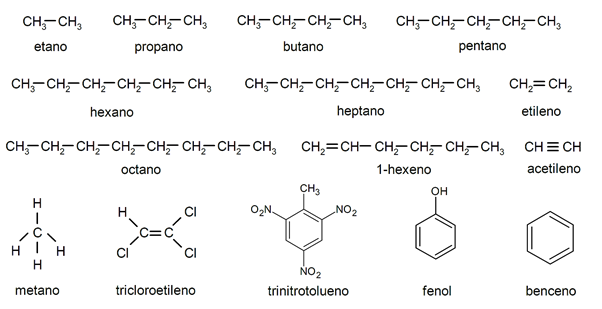March 22: World Water Day
Story / / July 04, 2021
Every year, on March 22, the United Nations Organization celebrates International Water Day in order to that the whole world becomes aware of the importance of the responsible use of water candy. Despite the fact that our planet offers us enough fresh water for the satisfaction of the needs of the world's population, the geographical distribution of this resource is not equitable. Several nations have problems of water scarcity and in many regions of the planet the quality of water is in permanent deterioration as a result of pollution caused by waste produced by people, agriculture and especially industry. Better shared management of water resources would obtain a greater quantity of water to distribute it more equitably, thus avoiding waste and contamination.
Our planet Earth has 263 transboundary basins and lakes, which are spread over 145 countries and large freshwater reservoirs in the different underground water types. Aside from pollution, one of the problems that most affects the water supply for border nations is manufacturing. of diversion canals and large dams for irrigation, water supply, flood control or electricity generation, which in Sometimes they reduce the amount of fresh water to people and also that which returns to the sea, notably impacting the survival of ecosystems.
Transboundary waters are called courses and bodies of water, whether underground or surface, that cross borders. According to studies carried out by the UN. water problems in the future could lead to conflicts between countries. It is estimated that in approximately 25 years, two thirds of the inhabitants of our planet will live with serious water problems.
Only 3% of the planet's water is fresh and more than 90% is concentrated mainly in the polar caps, ice masses and glaciers. The groundwater comes from the rain and when it falls it penetrates the ground, recharging the aquifers. The fresh water reserves that exist in wetlands and aquifers are the most important source of renewable fresh water.
Water is an essential chemical substance for the life of all organisms on planet Earth. It represents between 50 and 90% of the total mass of living beings. It is one of the fundamental elements of the human body, it is found in all organs and is transported to all regions of the body to collaborate in its functioning. It is advisable to drink two liters of water daily for a better functioning of the body and also avoid dehydration.


